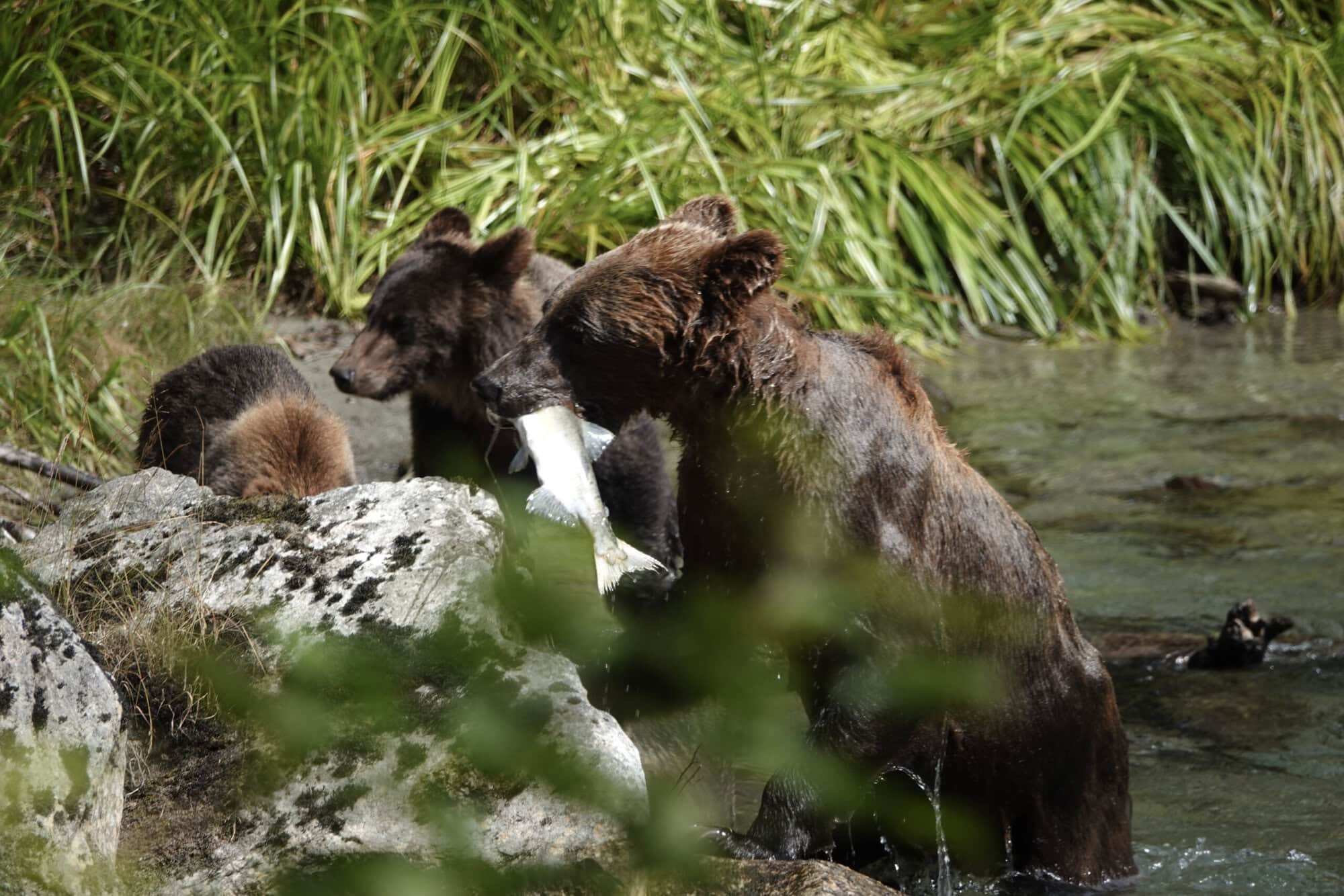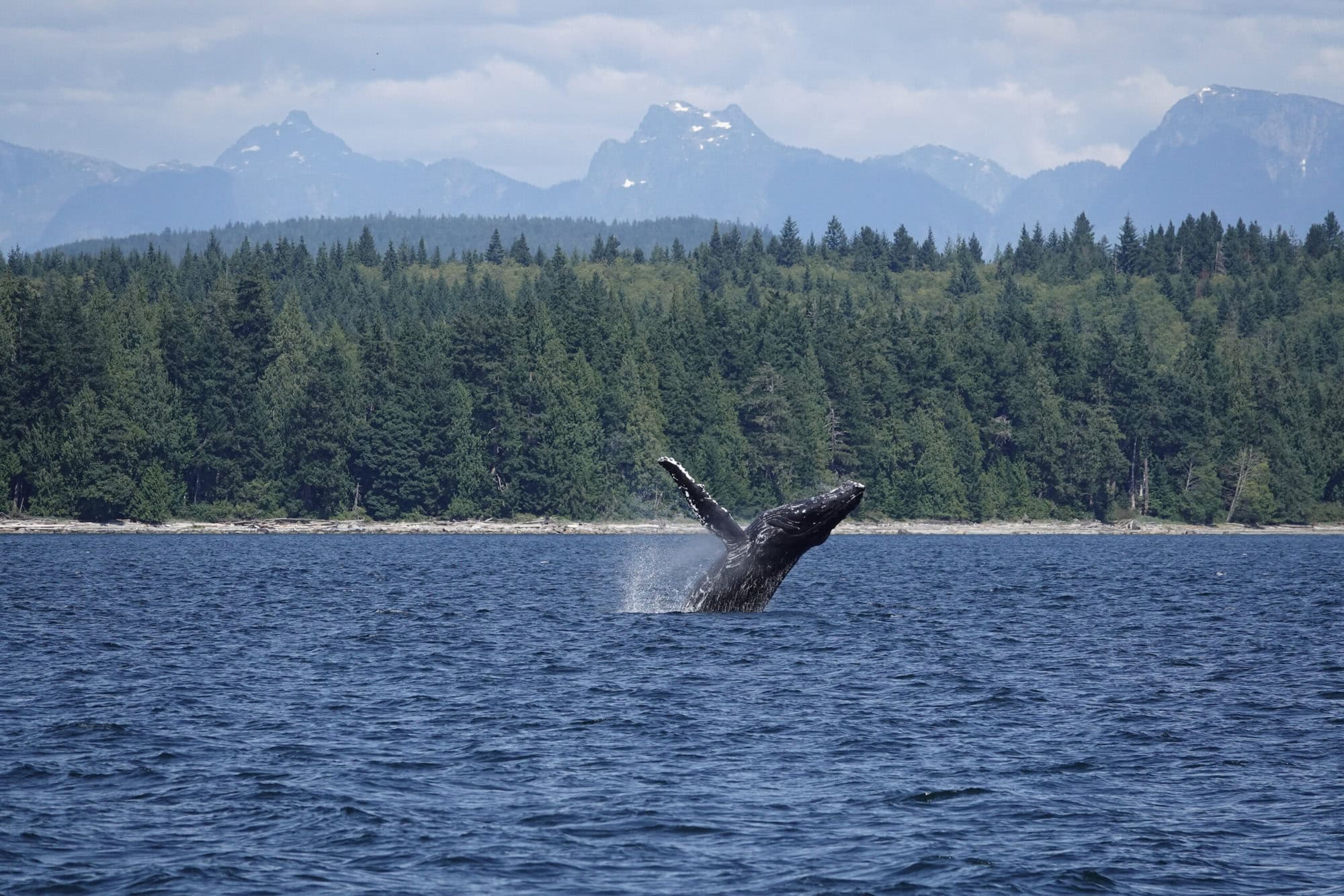By Maddie Lemke
Sustainable travel is not just a trend but a responsibility we hold as global citizens. It involves making smart choices at every step of our journey, from booking transport and accommodation to supporting local businesses and minimizing our environmental footprint.
Whether you’re a seasoned eco-traveler or just getting started on your sustainable travel journey, these practical tips will help you explore the world responsibly while making a positive impact on the planet and local communities.
Planning your trip
The choices you make during vacation planning have the greatest impact and shape the sustainability of your trip, allowing you to fully unwind and cherish the destination once you arrive.

Here are some things to consider:
Choose Off-Peak Season Travel
Avoid overcrowded tourist destinations by traveling off-peak season or visiting under-the-radar spots to avoid crowds. Consider scheduling your trip outside of peak season or school holidays to experience popular attractions with fewer people. By traveling off-peak, you’re supporting businesses that can struggle outside of peak seasons and reducing the impact of over tourism on local communities.
Slow Down Your Travel Plans
In our fast-paced world, travel should offer an escape from constant busyness. Yet, too often, our vacations end up just as hectic. Embrace a slower pace by spending more time in one destination instead of rushing to tick off every sight. Opt for longer stays and fewer stops, allowing for deeper immersion in local culture and fewer emissions from constant travel. You’ll return home refreshed, having truly experienced the essence of your destination.

Opt for Eco-Conscious Transportation
Reduce your carbon footprint by choosing sustainable transportation options such as trains, buses, or hybrid vehicles. Whenever possible, travel overland instead of taking domestic flights to minimize emissions. If you do have to fly, fly direct routes and choose economy class to reduce your environmental impact.
Choose Eco-Friendly Accommodations
Opt for eco-certified accommodations that prioritize energy efficiency, water conservation, and waste reduction. By supporting eco-conscious accommodations, you’re contributing to the preservation of natural resources and promoting responsible tourism.
Choose Ethical Animal Experiences
Opt for ethical wildlife encounters that prioritize animal welfare and conservation. Avoid activities that exploit or harm animals, such as elephant rides or captive dolphin shows. Instead, support operators that promote responsible interactions with wildlife. By choosing ethical animal experiences, you’re advocating for the protection of vulnerable species and habitats.
If you are wondering how to find an ethical whale watching operator, check out this blog post.

Respect Local Cultures
Immerse yourself in the local culture by learning about customs, traditions, and etiquette before your trip. Respect sacred sites, cultural norms, and local communities. Engage with locals respectfully, support cultural heritage preservation initiatives, and leave a positive impact wherever you go.
Pack Light and Smart
Traveling light not only simplifies your journey but also reduces carbon emissions from transportation. Pack only what you need, opting for versatile clothing items and reusable essentials like a water bottle, coffee cup, and utensils. Minimizing your luggage weight helps lower fuel consumption and decreases your overall environmental impact.
Offset Your Carbon Footprint
Offsetting your carbon emissions is a proactive step towards mitigating the environmental impact of your travels. Consider investing in carbon offset programs that support renewable energy projects, reforestation initiatives, or sustainable development efforts. By offsetting your carbon footprint, you’re contributing to global climate action and supporting positive environmental outcomes.
We’ve partnered with Wilderness International to ensure all our trips are carbon neutral. Take a moment to explore their initiatives and discover how you can offset your entire journey’s carbon footprint. You can use tools like this one to calculate the carbon footprint of your journey.
In the Destination
Once you arrive at your destination, there are some small things you can implement into your travels that have a big impact on the sustainability of your trip.

Support Local Businesses
Make a difference in the communities you visit by supporting locally owned restaurants, cafes, shops, and tour operators. Choose authentic experiences that promote cultural heritage and empower local artisans and entrepreneurs. By spending your money locally, you’re stimulating the local economy and fostering sustainable development.
Conserve Water and Energy
Practice water and energy conservation habits during your travels to minimize resource consumption. Take shorter showers, turn off lights and electronics when not in use, and reuse towels and linens to reduce water and energy waste in accommodations.
Reduce Plastic Waste
Minimize your plastic footprint by bringing reusable alternatives such as a water bottle, shopping bag, and toiletry containers. Refuse single-use plastics like straws and utensils, and opt for products with minimal packaging. By reducing plastic waste, you’re protecting marine life and preserving fragile ecosystems.

By integrating these sustainable travel tips into your adventures, you not only reduce your environmental footprint but also foster the well-being of communities worldwide. Whether you’re traversing remote landscapes or bustling cities, every choice you make holds the potential to make a positive impact. Let’s journey responsibly and safeguard our planet for future generations.
It’s essential to recognize that perfection isn’t the goal in our sustainability journey; instead, it’s about continuous improvement and advocating for systemic change. Engage with your family and friends about these sustainable travel tips, spreading awareness and encouraging collective action. Let’s strive to do our best while championing broader transformations toward a more sustainable future!



